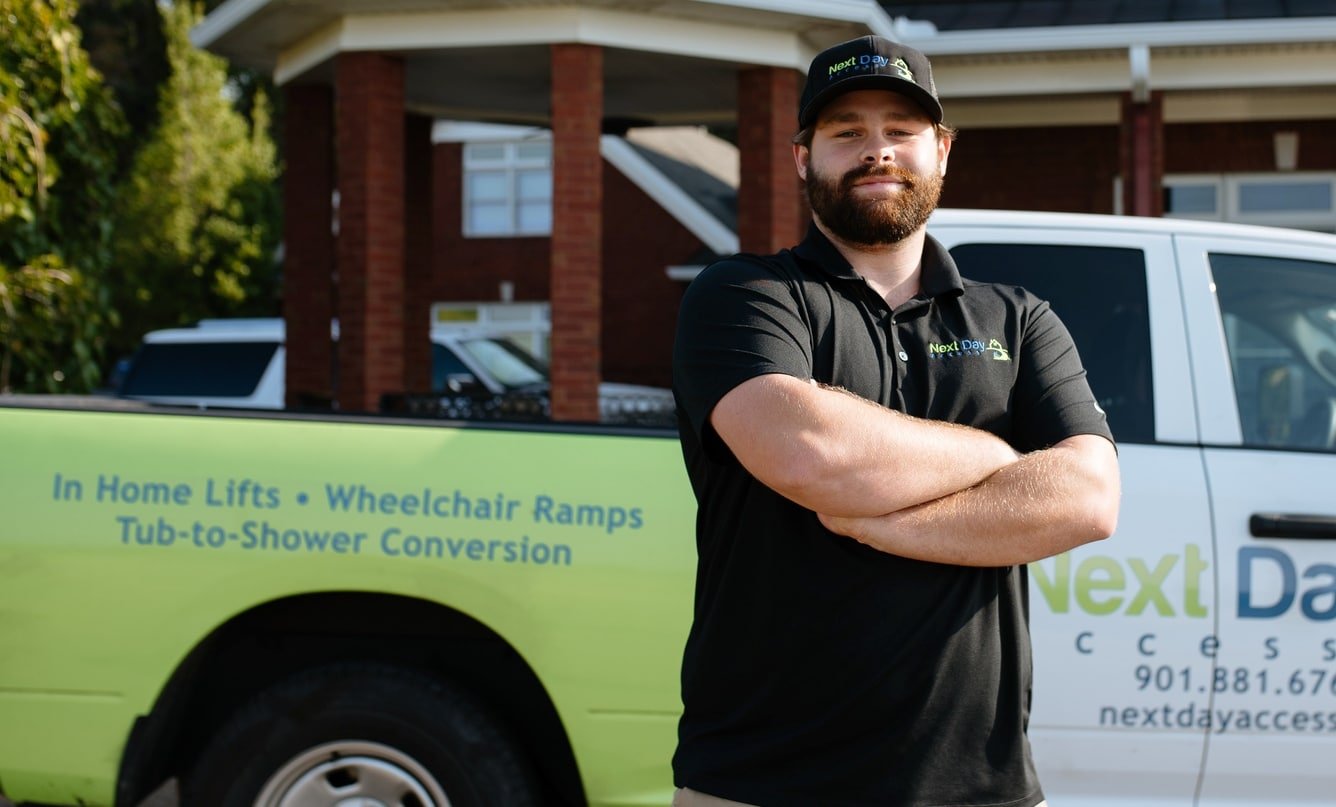
Serving as a caregiver for a loved one from a long distance is not easy. Despite the distance, you want to ensure your loved one receives the best care. Here is some advice on how to ensure your loved one is receiving quality care despite the distance.
Get as much information as possible.
Experienced caregivers encourage you to learn as much as you can about your friend or family member’s diagnosis, the medicine they need, and the available resources. This information can aid you in understanding what they are dealing with, their prognosis, anticipating the length of the illness, preventing any crisis, and assisting in their healthcare management. Knowing all their healthcare needs will make talking to their doctor easier. Written permission to receive your loved one’s medical and financial information is vital.
Once gathered, keep all the information organized in an online spreadsheet or folder. The information you will need includes all the essential information about medical care, contact numbers, social services, and their financial situation. Make sure to keep the information up to date and share copies with other trusted caregivers.
Set time aside to visit your loved one.
While you are in town, use this time wisely to gather any needed documents or things your loved one may need. It is a good idea to make a list of what they need before you come to town. For example, does your loved one need new winter clothes? Is their television on the fritz? Create an agenda for your trip and a list of what you need to bring. Remember your loved one likely misses you and would like to spend time with you when you are in town. You can take them to a worship service, play a game of cards, or watch a movie. Overall, just spending quality time together is sure to delight and revive your loved one.
Stay in touch with caregivers and doctors.
The needs of aging parents vary depending on their mobility levels. Once you have an established caregiver, stay in touch with them. You should also keep in touch with your loved one’s doctor. Make it clear to the doctor you would like a report after every doctor’s visit. You can also request occasional teleconferences with your loved one’s healthcare team. Your loved one can also be assigned a social worker who will help you stay abreast of any situations that require decisions on your part.
Make sure your loved one knows how to get in touch with you.
If your loved one is in a nursing home, make sure they have a personal line for calls. It is a good idea to have your name and phone number written in big and bold letters on their dry erase board. If your loved one is aging at home, you may consider purchasing a cell phone. Spend time teaching them how to use it and make sure they know how to reach you by either writing your number on a large board or saving it on their phone. Also, give them detailed instructions on how to find your contact information on their phone.
Find resources for your loved ones in their community.
You can find local senior centers by doing an internet search. Check with the Area Agency on Aging or the Eldercare Locator in their communities. These groups can recommend several helpful resources.
Make sure your loved one’s home is safely set up.
Whether they need a walk-in tub or a wheelchair ramp, we at Next Day Access have an assortment of mobility products to help those with accessibility concerns. We offer many different products to keep your loved ones safe and comfortable. Our goals are to help those with accessibility concerns and to give peace of mind to caregivers that their loved one’s homes are safe.
Find the Right Accessibility Solution Fast
Reach out to a location near you today for a custom quote!
Contact Next Day Access today for reliable mobility solutions backed by responsive, expert installation. Enter your ZIP code or postal code to find a location near you and take the first step toward a safer, more accessible space.

Find the Right Accessibility Solution Fast
Reach out to a location near you today for a custom quote!
Contact Next Day Access today for reliable mobility solutions backed by responsive, expert installation. Enter your ZIP code or postal code to find a location near you and take the first step toward a safer, more accessible space.
